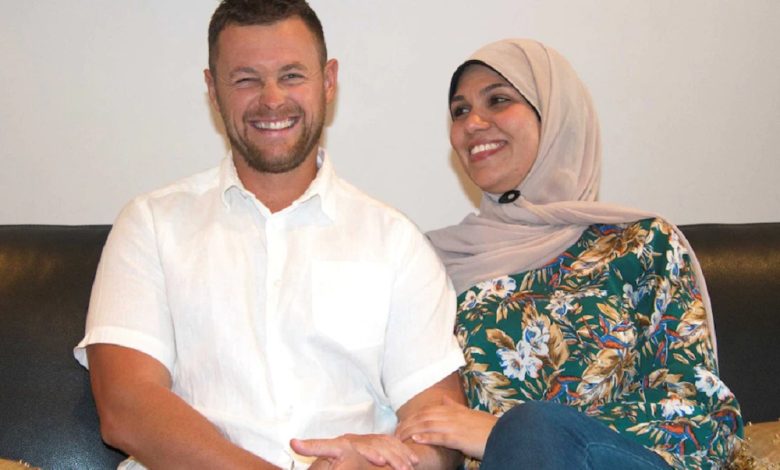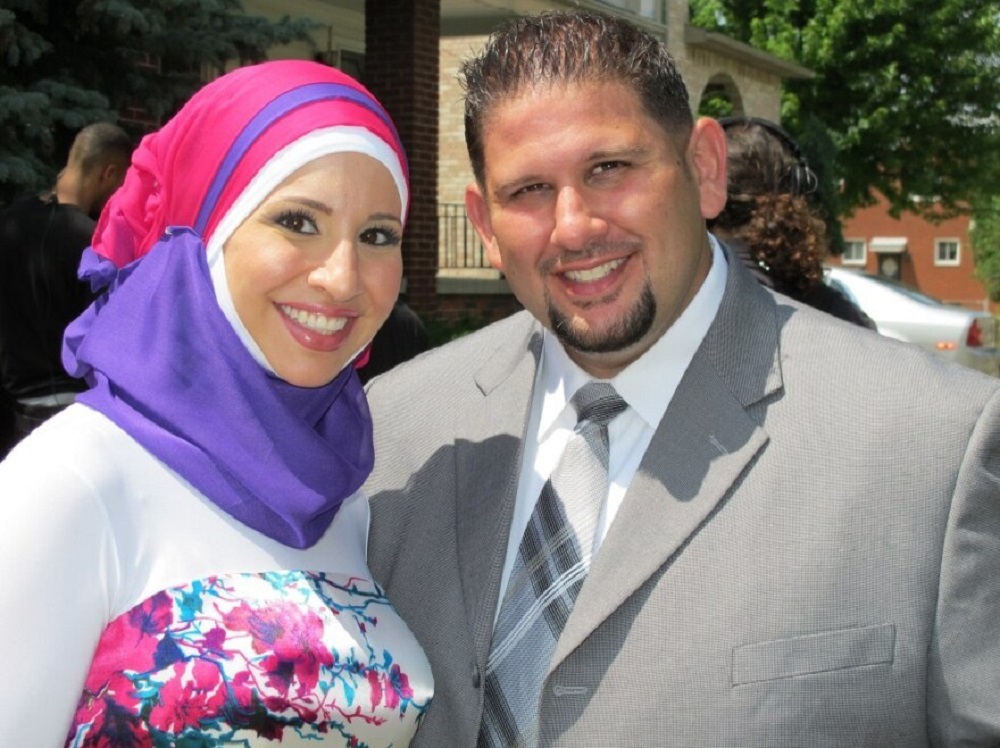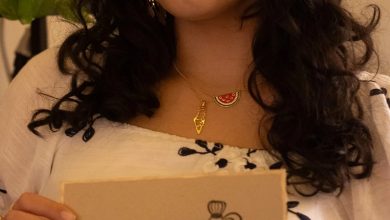Interfaith to In-Faith: Muslim Women and Marriage to American Converts in the United States
Exploring the Growing Trend of Muslim Women Marrying Revert Muslim Men in the U.S.

A growing number of Muslim women in the United States are choosing to marry American men who have converted to Islam—often referred to as “reverts.” These unions are becoming increasingly common as Islam continues to be one of the fastest-growing religions in the U.S., with thousands of Americans embracing the faith each year. Many of these converts are men who, after accepting Islam, seek to build meaningful relationships and families within the Muslim community.
1. Who Are the New American Muslim Converts?
According to Pew Research and ISPU (Institute for Social Policy and Understanding), approximately 20,000 people convert to Islam in the U.S. annually, and more than 60% of them are African American or white. Many male converts become actively involved in mosques, Islamic study groups, and Muslim community life.
These men often show:
-
Deep sincerity in their faith
-
A desire to build Muslim families
-
Respect for Islamic values and family roles
Such qualities are highly valued by Muslim women seeking devout, responsible husbands, regardless of ethnic background.
2. Why Do Muslim Women Marry Converts?
Muslim women, especially those born or raised in the U.S., may find shared values and compatibility with American Muslim converts because:
-
They share cultural references and language fluency
-
Converts often approach Islam with serious commitment and humility
-
There is often mutual understanding of Western challenges to faith and identity
-
Families may appreciate the man’s effort to adopt Islamic traditions and values
In some cases, American Muslim women born to immigrant parents prefer marrying a convert because of greater emotional and intellectual compatibility than with men from their parents’ countries of origin.

3. Family and Cultural Reactions
While these marriages are generally accepted within the American Muslim community, challenges sometimes arise:
-
Cultural resistance from more traditional families
-
Concerns about the convert’s Islamic knowledge or stability
-
Fear of divorce due to differences in upbringing or family dynamics
Still, many communities are increasingly supportive—especially when the convert demonstrates serious commitment to Islam and seeks guidance from imams or Muslim mentors.
4. Strengths and Challenges of These Marriages
Strengths:
-
Shared faith becomes a core bond
-
Opportunity to build bridges between cultures
-
Many convert husbands are highly engaged fathers and partners
Challenges:
-
Navigating cultural expectations on both sides
-
Community judgment or gossip, especially among conservative circles
-
Some convert men may struggle with identity or integration early in their journey
These marriages often thrive when both partners prioritize religious growth, communication, and shared goals.
5. Growing Support Networks
Many mosques and Muslim organizations now offer:
-
Marriage counseling for intercultural couples
-
Convert mentorship programs
-
Islamic education to help new Muslims learn and grow in their faith
-
Events and matrimonial platforms that facilitate connections between born Muslims and reverts
Examples include Half Our Deen, Muslim Matrimony, and local mosque-sponsored events aimed at inclusivity and integration.

Faith Beyond Background
The marriage of Muslim women to American converts is not only religiously permissible and increasingly common, but often a beautiful reflection of Islam’s universality. These unions build diverse, faithful families that represent the evolving landscape of American Islam—where belief, not birthplace, defines community.



